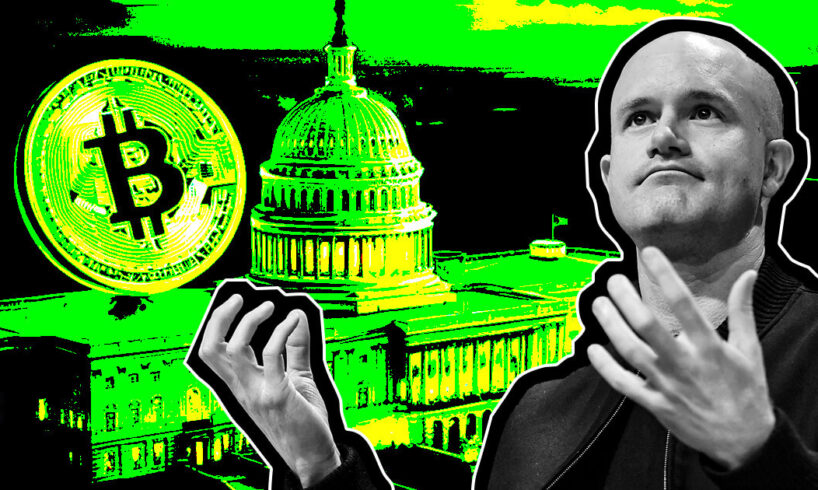
The U.S. crypto industry needs regulatory clarity, which can only come from Congress or through case law, Coinbase CEO Brian Armstrong told The Wall Street Journal.
Armstrong said there’s an ongoing power struggle between the Securities and Exchange Commission (SEC) and the Commodity Futures Trading Commission (CFTC) and Coinbase has been “caught in the middle” of this turf war between the agencies.
The SEC and CFTC have contradicted each other in the past — the CFTC has claimed certain assets like Ethereum to be commodities while the SEC has called them securities.
Since the two agencies have not been able to come to an agreement on the status of cryptocurrencies as securities or commodities, we need clarity, Amstrong said. And for this clarity, Congress has to step in and frame legislation, he said.
But until we have legislation, the industry will depend on case laws that will emerge out of lawsuits like the one filed by the SEC against Coinbase last week, he said.
Armstrong says Coinbase has only listed crypto commodities
In its lawsuit, the SEC claims that thirteen of the assets listed on Coinbase are securities. But Coinbase rejects the assertions.
Armstrong said that Coinbase carefully reviews tokens before listing and rejects 90% of reviewed assets. The listing process involves “rigorous analysis,” and there’s a “stack of paper” for every asset listed on the exchange, he said. And he “feels” that the tokens listed on Coinbase are commodities and not securities.
According to Armstrong, the exchange constantly asked the SEC for guidance — asked them if certain tokens were “okay” to be listed. But since Coinbase never received any feedback from the SEC, it had to create its own process.
Coinbase has a digital asset listing committee, of which Armstrong is not a member, that reviews tokens for listing. The committee considers several factors before approving an asset for listing, including a legal analysis of whether they are commodities or securities, Armstrong said.
Armstrong added that Coinbase shared its framework for differentiating between crypto securities and commodities with the SEC before it went public. The SEC’s silence forced the exchange to rely on its own listing committee, which is made up of the “best legal minds in the world,” he said.
U.S. will reach the ‘right outcome’ for crypto eventually
Amstrong believes that any clarity from the courts, irrespective of the outcome, will be a “step in the right direction.” But he is confident that even if it takes a few years, the U.S. will ultimately reach the “right outcome.”
This “right outcome” could come from the courts, through Congress legislation, or after the 2024 presidential elections, Armstrong said.















